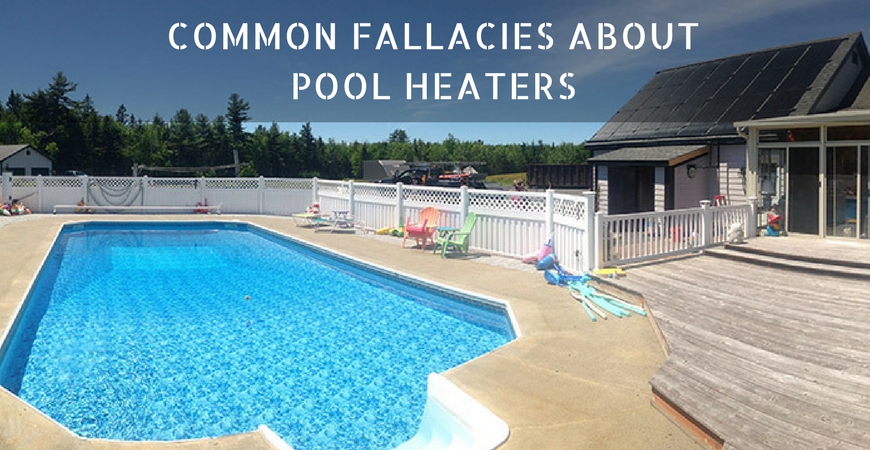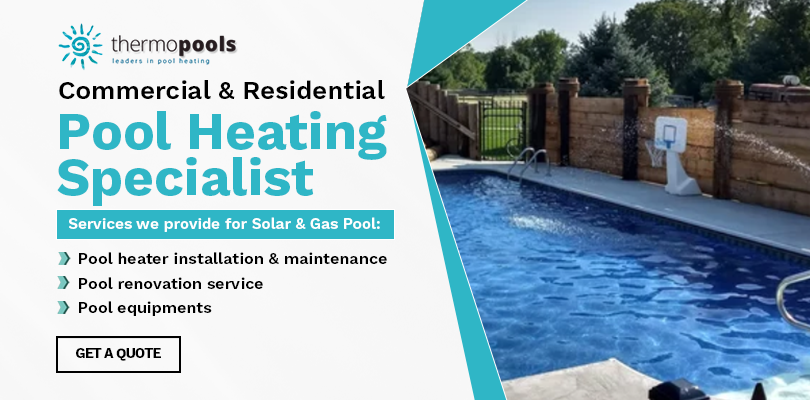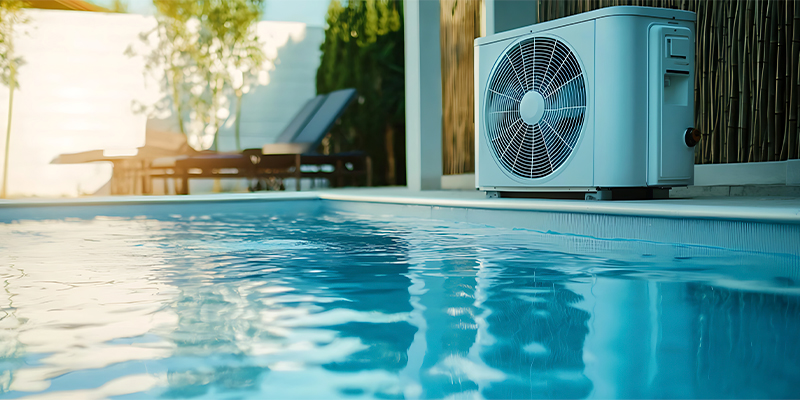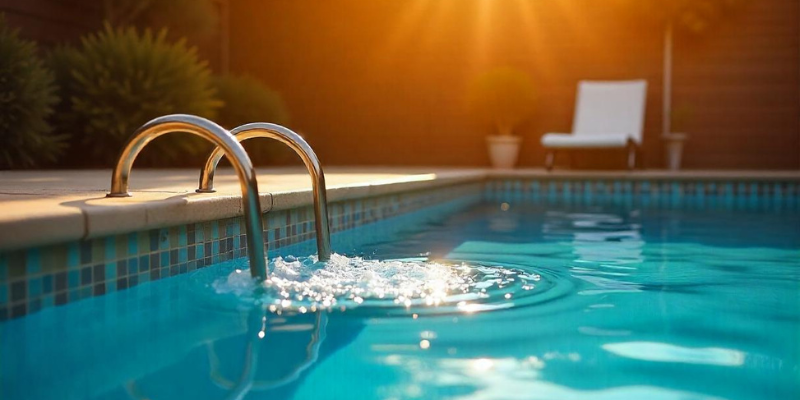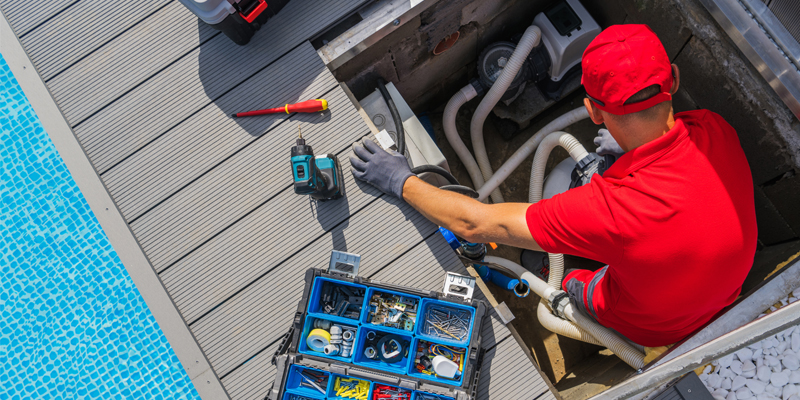Ten common myths revolving around pool heaters are revealed.
1. Pool heaters are not environment-friendly
If you’re talking about gas heaters, then this statement is true, as their primary means of generating heat is the combustion or burning of gas, they generate a bulky amount of CO2 emissions. On the other hand, if you’re talking about pool heat pumps, electric resistance, solar heaters, then there are almost ‘Zero’ emissions involved.
2. Pool heat pumps are costlier than ga
To heat the same backyard pool, if a pool heat pump and gas heater were used, the pool heat pump would be more cost-effective every time and that too with a bigger margin. Heat pumps are particularly designed with efficiency at the forefront, providing dependable cost-efficient heating at a modest speed. While gas heaters concentrate wholly on speed. Nonetheless, quick heating for an average-sized pool means a substantial amount of gas burning. Thus, gas heaters are normally preferable for small spas.
3. Pool heaters with bigger sizes are better
A bigger pool heater generally means more BTU (power), it doesn’t essentially mean better. On the other hand, a small pool heat pump can heat your pool just as resourcefully as a big one, and at half the cost. Actually, the size of your pool decides which pool heater size will be perfect.
4. Pool heaters are not energy competent
Well, this myth about pool heaters is both true and false. Electric resistance heaters and gas pool heaters consume a bulky amount of resources compared to the heat they generate. On the other hand, solar heaters and pool heat pumps generate a liberal amount of heat with a light pull on the resources.
5. Pool heat pumps make strange sounds
A well-maintained pool heat pump will generate sufficient sound to let you know it’s up and working; however, it won’t be an annoyance. Nonetheless, if you’re hearing loud and irritable sounds, something most likely needs repairing.
6. Common parts are fine for pool heater repair
Never change even the common pool heater parts (using parts of other brands) as it can lead to severe consequences. Almost all pool heaters are made according to very accurate specifications. Specifications are so specific that even a small modification can entirely change the performance.
7. Pool heaters can operate without any maintenance
Indeed, it’s possible to operate your pool heater for a few years without any issues, never putting a dime towards repair or maintenance. The major drawback of doing that is – poor maintenance cuts a pool heater’s lifetime by half, which causes it to work harder than it’s intended while placing a heavier strain on all the elements and parts. This opens doors to unanticipated, pricey repairs down the line, and in bad cases, entire unit failure.
On the other hand, a pool heater that is maintained well and annually serviced can last longer than anticipated. Good maintenance is all about the optimal preventative measure against the unforeseen in pool heating. A fully trained pool-heating professional can manage all of it for you. They will make sure that all things work accurately as they should, and will grab the smallest of the issues before they develop into a major problems. Therefore, by maintaining your pool heater in pristine condition, you can very well lengthen its lifespan and save hundreds in repair costs down the line.
8. Pool heat pumps have a shorter lifespan
That’s not correct! A pool heat pump’s average lifespan ranges from 10 to 20 years. Besides, the range of the pool heat pumps can be lengthened or curtailed based on how well you maintain your unit.
9. Solar pool heaters are inexpensive to own and operate
When looking at the figures of your monthly operation costs, solar pool heaters are virtually inexpensive to operate, and rightly so, since they source their heat naturally from the sunlight.
Nonetheless, solar pool heaters are not easy to install. They need many panels to be set up by a professional installer, which often requires a robust pool pump. This means, many pool owners have to upgrade to a more powerful and stronger pump and all these can add up to a high installation cost.
10. Pool heat pumps cannot operate without sunlight
Pool heat pumps will certainly work a lot better on the brighter and sunnier days of the year. However, they are by no means dependent on sunlight. Even on overcast days, a pool heat pump can effortlessly heat your pool to a comfortable temperature as long as it doesn’t get too cold outside. This is because pool heat pumps obtain heat from the air, unlike solar rays.
Final words :
Always purchase a solar pool heating system from trusted and experienced pool heating providers so that you get a professional installer to set up your entire pool heating system as well as receive a full warranty on the product for complete peace of mind.
If you want to enquire about a inverter heat pump & solar pool heating system, call us at Thermo Pools at 02 8850 4030 & Check our Google Reviews, and one of our expert and friendly teams will be happy to serve you!





